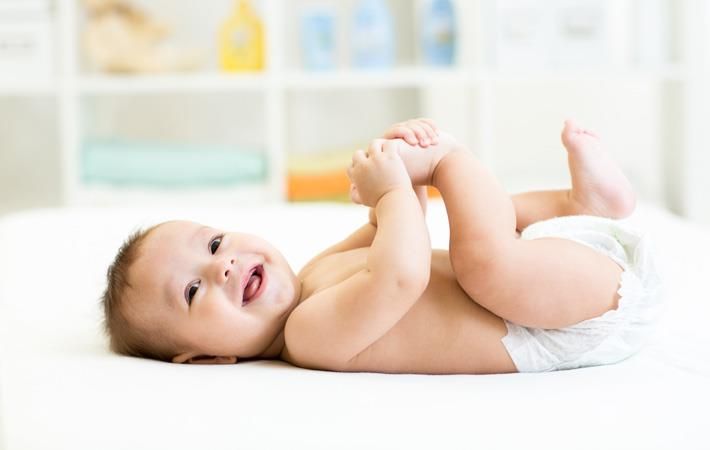SGS's laboratory in Oignies, France, has developed a new technology to measure softness of disposable hygiene products using specialist equipment that reproduces the perception of human touch. This makes SGS the first independent laboratory in Europe to achieve this feat. So far, the softness of a product was perceived through the appreciation of panellists.
This investment benefits the industry by providing more objective data, softer products for consumers, and a competitive advantage for manufacturersSGS's laboratory in Oignies, France, has developed a new technology to measure softness of disposable hygiene products using specialist equipment that reproduces the perception of human touch. This makes SGS the first independent laboratory in Europe to achieve this feat. So far, the softness of a product was perceived through the appreciation of panellists.#
Already recognised as an international benchmark for testing and measuring the performance of disposable hygiene products (baby changing, feminine hygiene and all other types of absorbent product), SGS's laboratory in Oignies is extending its expertise by offering its customers – manufacturers, distributors and consumer associations – innovative technology to measure softness of a material or product.
Until now, the softness of a product was perceived only through the appreciation of panellists. A grade was awarded as a result of many manipulations of the sample. While very useful, this test, and its results, remained rather subjective.
"To complete this approach, we decided to invest in a new equipment that measures some parameters, including the level of sound fibres and material texture, to determine the softness perception of a product," explains Vincent Bernus, SGS's director of Cosmetic, Personal Care and Household.
"It allows us to industrialise and control the entire process, to obtain more objective data while increasing our quality control capabilities," says Cédric Schoorens, technical manager, Hygiene Division, SGS.
Each test protocol is unique and applies to a single product. Data interpretation is then carried out via an algorithm developed specifically by SGS experts. Tissues (handkerchiefs), baby diapers (inner/outer veil and extensible ties), feminine hygiene and incontinence products are currently being tested.
"But this is only a first step. This acquisition highlights the collaborative work of the SGS Group. Indeed, the machine can be used for other materials and by other laboratories in France and Europe," says Schoorens.
"Our goal, by 2020, is to map the entire European market and then Asia to eventually become the world leader in softness," says Bernus. (SV)
Fibre2Fashion News Desk – India


